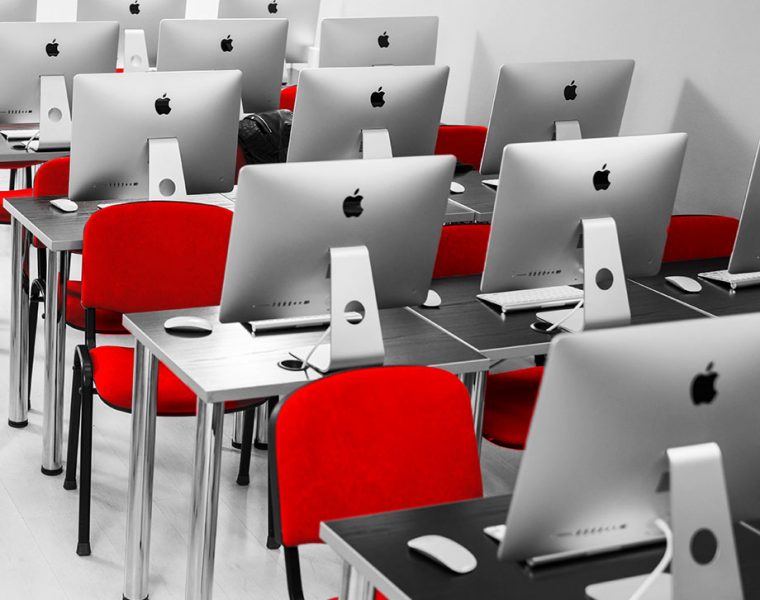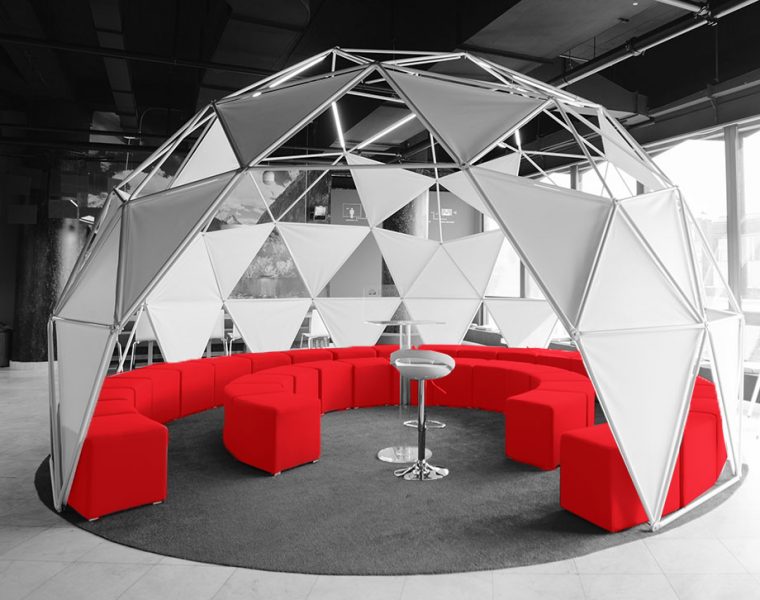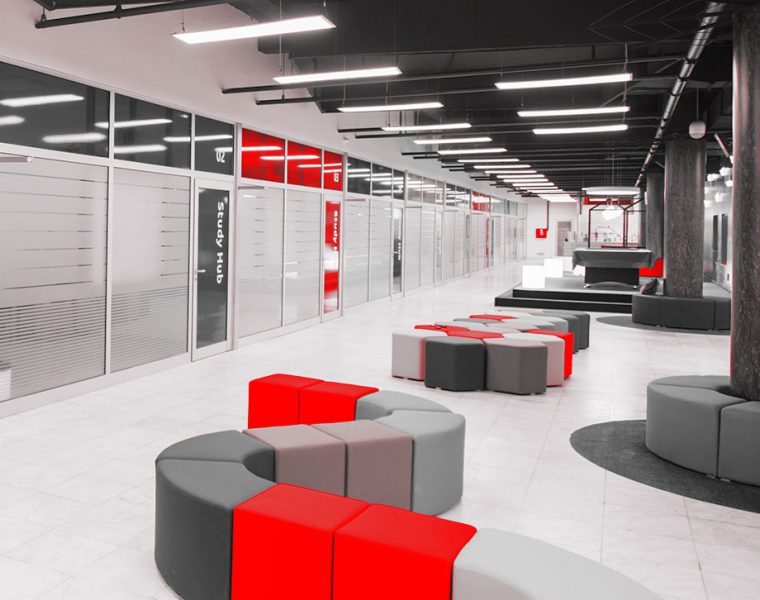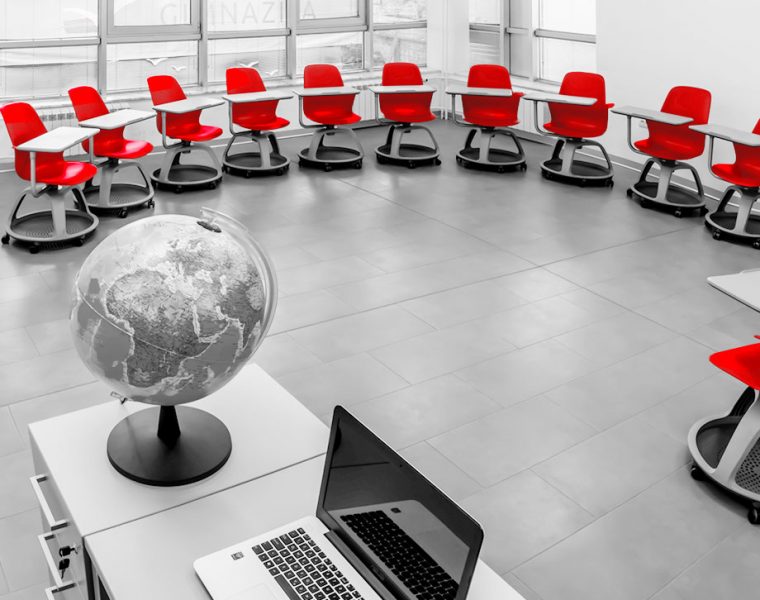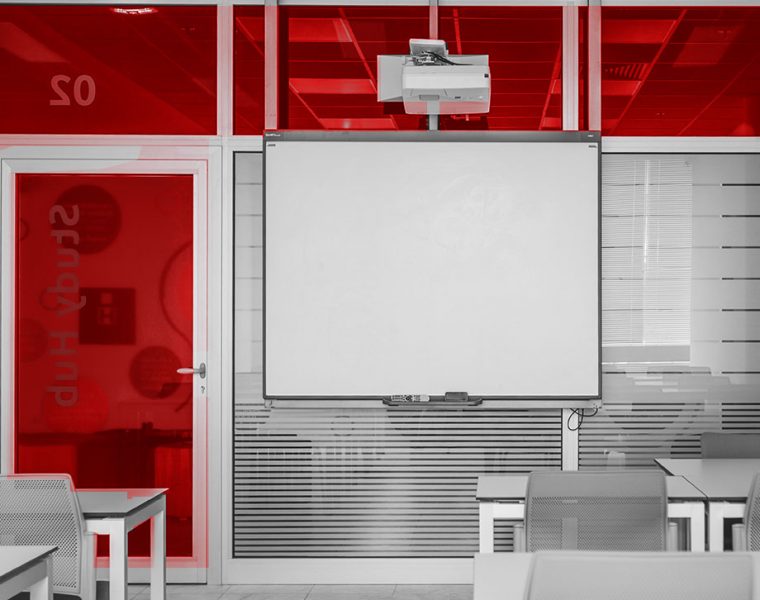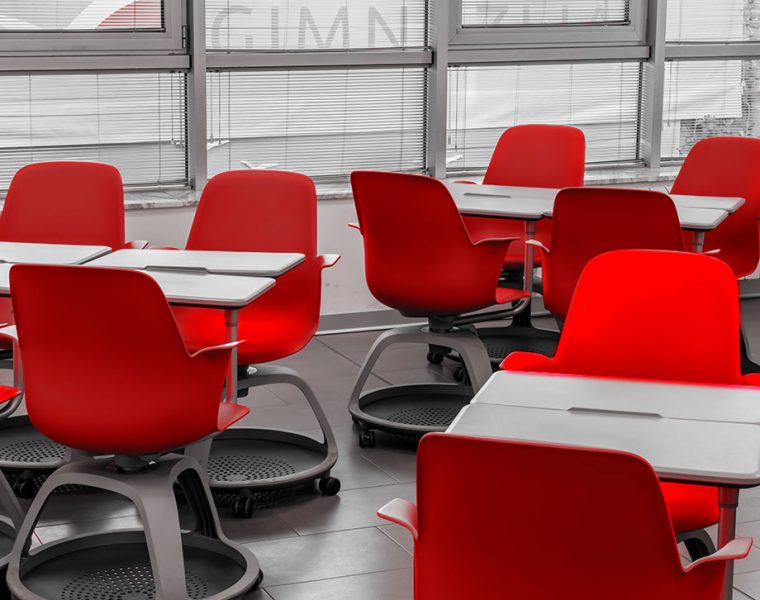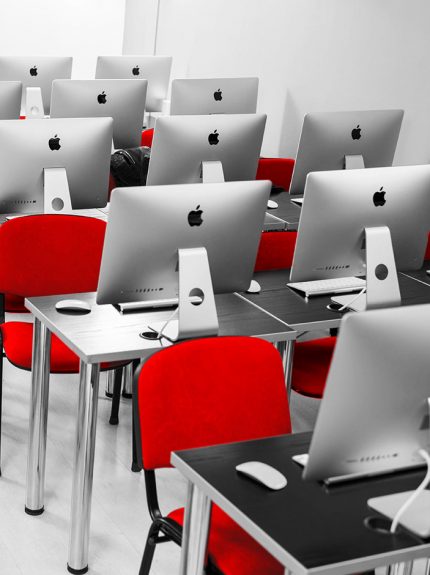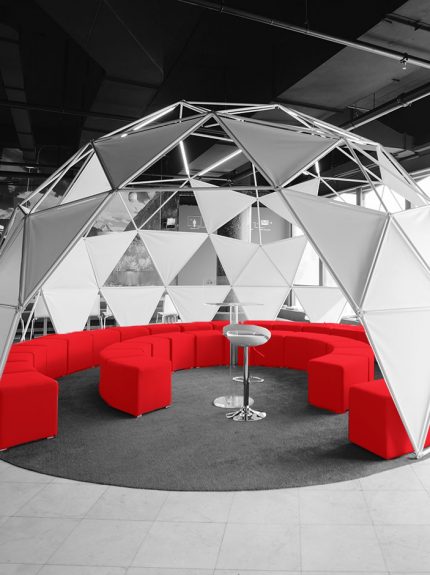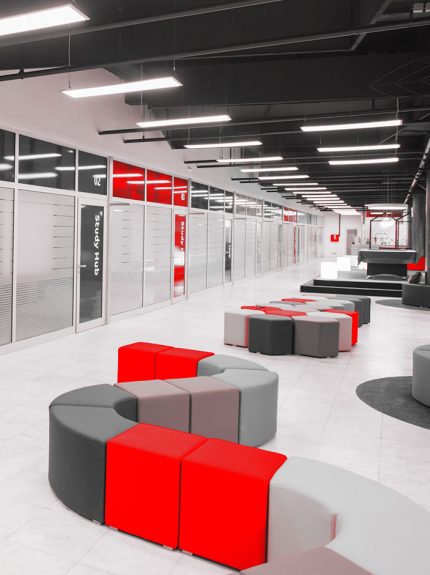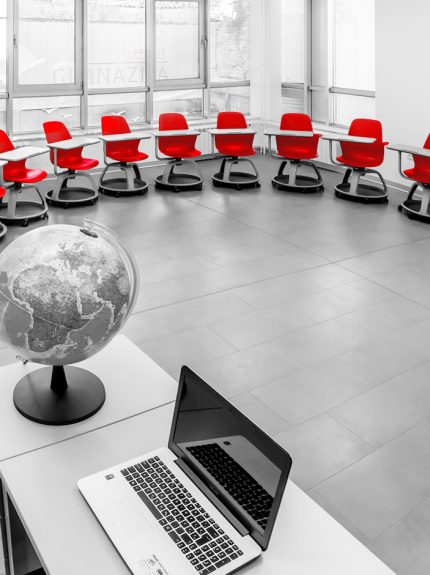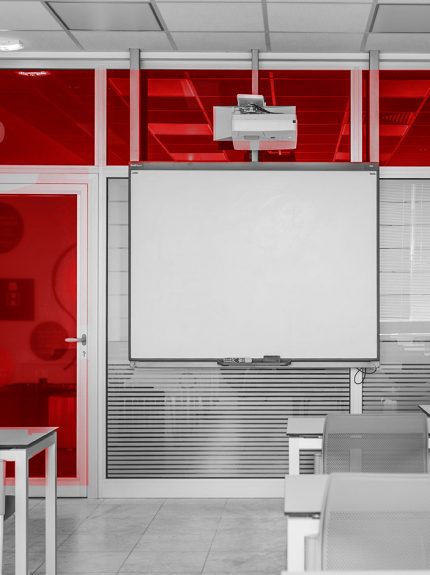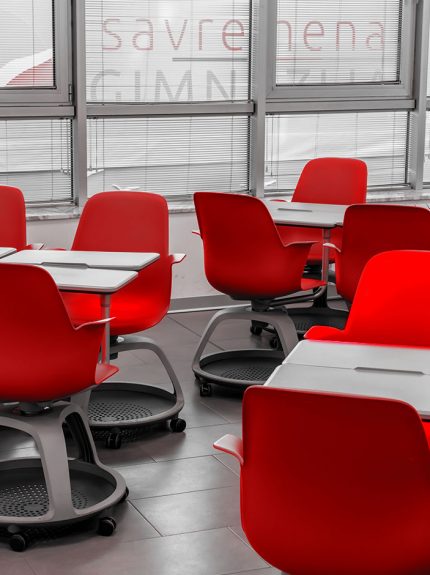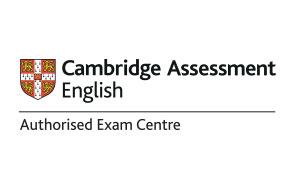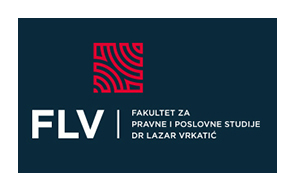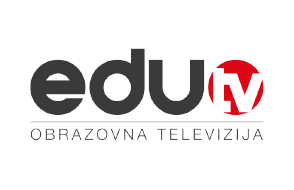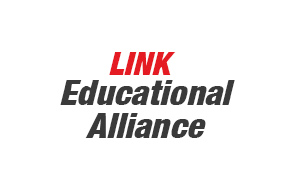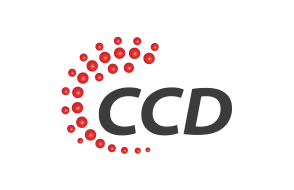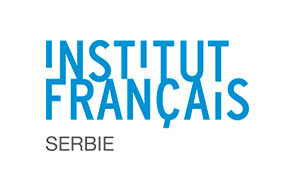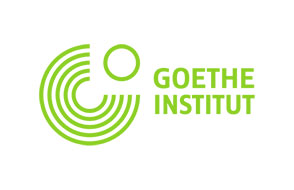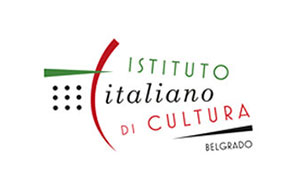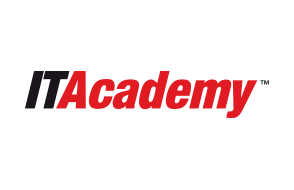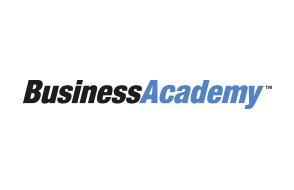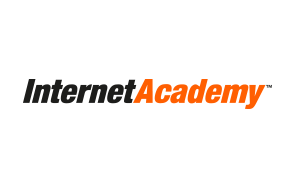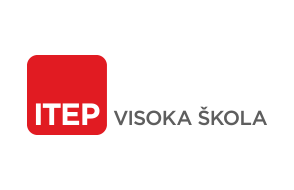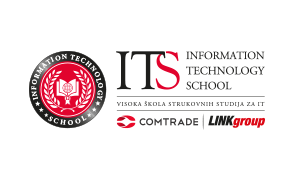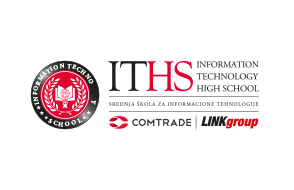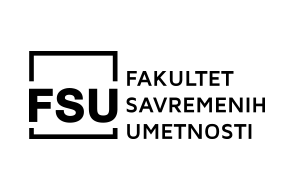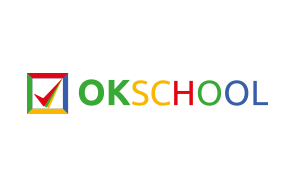#LIEC2018 – BEING BILINGUAL
LINK International Edu Conference 2018 – Being Bilingual is an event that brings together the most distinguished experts for bilingual teaching in Europe, whose mission is to encourage bilingual teaching in primary and secondary schools, at universities and all educational institutions in general. Participants of #LIEC2018 will learn about the benefits of bilingual education and why it has become a global trend which should be included in the teaching methods of as many countries as possible.
The aim of #LIEC2018 is to bring together the experiences of all the teachers and educators living and working in such a system on daily basis, to raise awareness of the importance of bilingualism and to come up with new solutions in the development of a bilingual education system.
Attendance at #LIEC2018 is free of charge. Official languages of the conference are Serbian and English, whereas workshops will be held in English, German, French, Italian and Serbian as a foreign language.
INAUGURATION OF THE LINK EXAMINATIONS INSTITUTE
The opening ceremony and inauguration of the LINK Examinations Institute as an authorised Cambridge Assessment English centre providing candidates with globally recognised qualifications will be held at #LIEC2018 – Being Bilingual.
As an authorised centre for taking international exams, LINK Examinations Institute helps candidates take internationally recognised exams for all CEFR levels.
Cambridge English qualifications are designed to gradually upgrade and expand one’s knowledge through exams organised in ascending order by proficiency level:
CONFERENCE PARTICIPANTS WILL GET:
CONFERENCE AGENDA
Below you can see the list of participants, as well as the lectures and workshops that will be held at #LIEC2018 – Being Bilingual.
Day 01 full schedule
19 May 2018. 09:00-17:00h

Plenary segment – Terazije Theatre
Welcome speech

LINK International Edu Conference 2018 – Being Bilingual will be opened by Svetlana Belić Malinić, Principal of International School Savremena, a school that offers bilingual education to its students.
Svetlana Belić Malinić
International School Savremena, BelgradeOpening ceremony and inauguration of the LINK Examinations Institute

Participants of #LIEC2018 will attend the opening ceremony of this conference, with this year’s motto “Being Bilingual”, followed by the inauguration of the LINK Examinations Institute, an authorised Cambridge Assessment English centre.
Goran Mitić
LINK Examinations InstituteBilingual lessons in Serbia's educational and language policies – an insight into the recent and more distant past

Ljiljana Đurić
Faculty of Philology, BelgradeCLIL in the Serbian Educational System

Katarina Zavišin
Faculty of Philology, BelgradeBilingual Education in Serbia: Tertiary Education
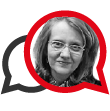
Tijana Ašić
Faculty of Philology, BelgradeThe CLIL initiative in Vojvodina: Teachers' and teacher trainers' experiences

Tatjana Glušac
Faculty of Legal and Business Studies Dr Lazar Vrkatić, Novi SadBreak

Languages and cultural relations: the case of Italian
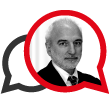
Davide Scalmani
Italian Institute of Culture, BelgradeLanguages and cultural relations: the case of French
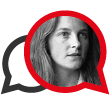
Florence Kohtz
French Institute, BelgradeLanguages and cultural relations: the case of German

KIM HAATAJA
Heidelberg UniversityCambridge Professional Development Qualifications for Bilingual Teachers

Svetlana Belić Malinić
LINK Examinations Institute, BelgradeLunch and coffee break

Participants of the #LIEC2018 conference will be able to relax and refresh themselves with delicious snacks and coffee provided by one of the best Belgrade restaurants with a very long tradition.
Workshop segment – International School Savremena
ITALIAN WORKSHOP – Challenges and Opportunities: Discussion
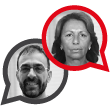
Davide Mulas & Silvana Abagnale
Italian Institute of Culture, BelgradeITALIAN WORKSHOP – Resources and Assessment: Sharing experiences

Davide Mulas and Silvana Abagnale
Italian Institute of Culture, BelgradeGERMAN WORKSHOP – CLILIG: Content and Language Integrated Learning in German; Challenges and Opportunities: Discussion

BERND SCHNEIDER
Goethe Institute, BelgradeGERMAN WORKSHOP – CLILIG: Content and Language Integrated Learning in German; Resources and Assessment: Sharing experiences

BERND SCHNEIDER
Goethe Institute, BelgradeFRENCH WORKSHOP – French CLIL for primary

Juliette Tyrlik
French Institute, BelgradeFRENCH WORKSHOP – French CLIL for secondary

Juliette Tyrlik
French Institute, BelgradeFRENCH WORKSHOP – Circumstances and Motivation for Bilingualism and Biculturalism: Subjective Impressions of Identity, Belonging and Rapprochement

Vladimir Pavlović
FRENCH WORKSHOP – Learning Non-Linguistic Subjects in a Foreign Language: What are the Challenges for the Teacher-Mediator?

LJILJANA ĐURIĆ
Faculty of Philology, BelgradeENGLISH WORKSHOP – Getting Ready to Study in English

Sarah Ellis
Cambridge Assessment EnglishENGLISH WORKSHOP – Psychological Processes in Bilingual Learners

Nikola Samac
International School Savremena, BelgradeENGLISH WORKSHOP – Linguistic Challenges in Bilingual Learners

Ljubica Krstić
International School Savremena, BelgradeENGLISH WORKSHOP – STEM Education in a Bilingual Context

Andrej Bunjac
International School Savremena, BelgradeENGLISH WORKSHOP – Translanguaging: Building on the Dynamics of Bilingualism

Marija Gičić Puslojić
International School Savremena, BelgradeSERBIAN AS A NON-MOTHER TONGUE – Challenges and Opportunities: Discussion

JELENA REDLI & ALEKSANDAR DOGNAR
Faculty of Philosophy, Novi Sad; Deze Kostolanji Grammar School for Talented Students – SuboticaSERBIAN AS A NON-MOTHER TONGUE – Resources and Assessment: Sharing experiences

JELENA REDLI & ALEKSANDAR DOGNAR
Faculty of Philosophy, Novi Sad; Deze Kostolanji Grammar School for Talented Students – SuboticaClosing of the Conference

Goran Mitić, as one of the hosts of #LIEC2018 will close the conference, after which all participants will receive certificates issued by the Ministry of Education, Science and Technological Development and the LINK Examinations Institute.
Goran Mitić
LINK Examinations Institute, BelgradeBILINGUAL LESSONS IN SERBIA'S EDUCATIONAL AND LANGUAGE POLICIES – AN INSIGHT INTO THE RECENT AND MORE DISTANT PAST

LJILJANA ĐURIĆ
Faculty of Philology, BelgradeCLIL IN THE SERBIAN EDUCATIONAL SYSTEM

KATARINA ZAVIŠIN
Faculty of Philology, BelgradeBILINGUAL EDUCATION IN SERBIA: TERTIARY EDUCATION

TIJANA AŠIĆ
Faculty of Philology, BelgradeTHE CLIL INITIATIVE IN VOJVODINA: TEACHERS' AND TEACHER TRAINERS' EXPERIENCES

TATJANA GLUŠAC
Faculty of Legal and Business Studies Dr Lazar Vrkatić, Novi SadLANGUAGES AND CULTURAL RELATIONS: THE CASE OF ITALIAN

DAVIDE SCALMANI
Italian Institute of Culture, BelgradeLANGUAGES AND CULTURAL RELATIONS: THE CASE OF FRENCH

FLORENCE KOHTZ
French Institute, BelgradeLANGUAGES AND CULTURAL RELATIONS: THE CASE OF GERMAN

KIM HAATAJA
Heidelberg UniversityCAMBRIDGE PROFESSIONAL DEVELOPMENT QUALIFICATIONS FOR BILINGUAL TEACHERS

SVETLANA BELIĆ MALINIĆ
LINK Examinations Institute, BelgradeITALIAN WORKSHOP – CHALLENGES AND OPPORTUNITIES: DISCUSSION

DAVIDE MULAS & SILVANA ABAGNALE
Italian Institute of Culture, BelgradeITALIAN WORKSHOP – RESOURCES AND ASSESSMENT: SHARING EXPERIENCES

DAVIDE MULAS AND SILVANA ABAGNALE
Italian Institute of Culture, BelgradeGERMAN WORKSHOP – CLILIG: CONTENT AND LANGUAGE INTEGRATED LEARNING IN GERMAN; CHALLENGES AND OPPORTUNITIES: DISCUSSION

BERND SCHNEIDER
Goethe Institute, BelgradeGERMAN WORKSHOP – CLILIG: CONTENT AND LANGUAGE INTEGRATED LEARNING IN GERMAN; RESOURCES AND ASSESSMENT: SHARING EXPERIENCES

BERND SCHNEIDER
Goethe Institute, BelgradeFRENCH WORKSHOP – FRENCH CLIL FOR PRIMARY

JULIETTE TYRLIK
French Institute, BelgradeFRENCH WORKSHOP – FRENCH CLIL FOR SECONDARY

JULIETTE TYRLIK
French Institute, BelgradeFRENCH WORKSHOP – CIRCUMSTANCES AND MOTIVATION FOR BILINGUALISM AND BICULTURALISM: SUBJECTIVE IMPRESSIONS OF IDENTITY, BELONGING AND RAPPROCHEMENT

VLADIMIR PAVLOVIĆ
FRENCH WORKSHOP – BILINGUAL LESSONS IN SERBIA'S EDUCATIONAL AND LANGUAGE POLICIES – AN INSIGHT INTO THE RECENT AND MORE DISTANT PAST

LJILJANA ĐURIĆ
ENGLISH WORKSHOP – GETTING READY TO STUDY IN ENGLISH

SARAH ELLIS
Cambridge Assessment EnglishENGLISH WORKSHOP – PSYCHOLOGICAL PROCESSES IN BILINGUAL LEARNERS

NIKOLA SAMAC
International School Savremena, BelgradeENGLISH WORKSHOP – LINGUISTIC CHALLENGES IN BILINGUAL LEARNERS

LJUBICA KRSTIĆ
International School Savremena, BelgradeENGLISH WORKSHOP – STEM EDUCATION IN A BILINGUAL CONTEXT

ANDREJ BUNJAC
International School Savremena, BelgradeENGLISH WORKSHOP – Translanguaging: Building on the Dynamics of Bilingualism

Marija Gičić Puslojić
International School Savremena, BelgradeSERBIAN AS A NON-MOTHER TONGUE – CHALLENGES AND OPPORTUNITIES: DISCUSSION

JELENA REDLI & ALEKSANDAR DOGNAR
Faculty of Philosophy, Novi Sad; Deze Kostolanji Grammar School for Talented Students – SuboticaSERBIAN AS A NON-MOTHER TONGUE – RESOURCES AND ASSESSMENT: SHARING EXPERIENCES

JELENA REDLI & ALEKSANDAR DOGNAR
Faculty of Philosophy, Novi Sad; Deze Kostolanji Grammar School for Talented Students – SuboticaCAMBRIDGE PROFESSIONAL DEVELOPMENT QUALIFICATIONS FOR TEACHERS
LINK Examinations Institute and Institute for Contemporary Education are institutions that offer candidates working in education the opportunity to take Cambridge professional development qualifications.
Q. CAMBRIDGE CERTIFICATE IN TEACHING AND LEARNING
Cambridge Certificate in Teaching and Learning is a programme created within Cambridge Professional Development Qualifications (Cambridge PDQs) – whose tradition guarantees professional authority and insight into contemporary trends in education development to its students. Learn more here »
Q. CAMBRIDGE CERTIFICATE IN TEACHING BILINGUAL LEARNERS
Teaching Methods for Working with Bilingual Students programme was created for the purpose of improving the system of instruction and popularising bilingual teaching. It was created as part of Cambridge Professional Development Qualifications (Cambridge PDQs) whose tradition guarantees professional authority and insight into latest developments in knowledge of bilingual instruction. Learn more here »
Q. CAMBRIDGE CERTIFICATE IN TEACHING WITH DIGITAL TECHNOLOGIES
Teaching Methods and Use of Digital Technologies programme was created for the purpose of modernising the system of instruction and popularising digital technologies in education. It was created as part of Cambridge Professional Development Qualifications (Cambridge PDQs), whose tradition guarantees professional authority and insight into contemporary tendencies in education developments. Learn more here »

WHO IS #LIEC2018 INTENDED FOR?
#LIEC2018 – Being Bilingual is aimed at the initiators of change in education, young people who follow global trends and apply them in their work, enthusiasts who are ready to take on new challenges, as well as all those who want to make an academic contribution by introducing another language in their mode of operation:
- bilingual teachers,
- English and other foreign language teachers,
- expert associates,
- students of pedagogy, psychology and foreign languages,
- education inspectors,
- education board members,
- and all interested decision makers.
VENUE – THE MOST MODERN CAMBRIDGE SCHOOL IN SERBIA
#LIEC2018 – Being Bilingual will take place in the heart of Belgrade city centre, at the premises of Savremena, the most modern Cambridge school in Serbia and the region.
Savremena offers its students the National, Combined-bilingual and Cambridge programmes enabling them to obtain international diplomas. The school is equipped with state-of-the-art technology, it encourages creative and interdisciplinary lessons and fosters the concept of mentoring, thus living up to its status of a Future Ready School adequately preparing students for the 21st century.
THE CHALLENGES AND OPPORTUNITIES OF BILINGUAL EDUCATION
Cambridge Assessment International Education, part of the University of Cambridge, is the most developed institution in the world promoting bilingual education, also supported by the European Union whose motto is Unity in diversity.
“Languages can build bridges between people, giving us access to other countries and cultures, and enabling us to understand each other better”. EU
This practice is improving each year in Serbia as well, as proven by the schools in which students learn in two languages and the growing number of other institutions promoting this kind of development. Adopting the Content and Language Integrated Learning (CLIL) model which refers to teaching subjects through a foreign language (not necessarily English) simultaneously with one’s mother tongue, is merely one of the solutions offered to educational institutions worldwide.
The benefits of this kind of learning are numerous – the students can understand a wider cultural context, strengthen their language competences, prepare themselves for future studies and business careers, develop various interests and attitudes…

VENUE
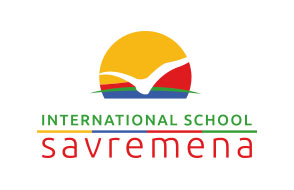
The LINK International Edu Conference 2018 –Being Bilingual will take place at International School Savremena’s modern premises located in Belgrade city centre, on the third floor of Belgrade Palace.
International School Savremena is located 13 km from Nikola Tesla Airport, and just 5 minutes from the very centre of the Serbian capital.
5 Masarikova Street (entrance from Kralja Milana Street), Belgrade Palace
11000 Belgrade, Serbia
+381 (0)11 4011 210
+381 (0)11 7856 110
info@link-conference.org
www.link-conference.org















